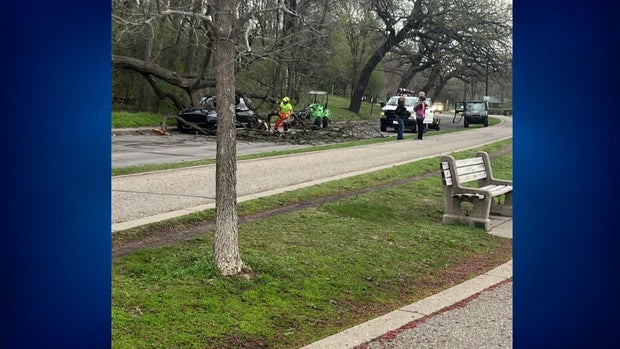Milwaukee Weather: What to Expect, Severe Weather Trends, and Regional Impact

Milwaukee weather can be unpredictable, often changing quickly due to shifting systems across the Midwest. Understanding the patterns, recent trends, and how regional storms may impact the city is crucial for residents and visitors alike. In this article, we'll explore current weather insights, significant recent events, and provide resources for staying informed.
Current Milwaukee Weather Trends
As we enter another variable season, Milwaukee weather continues to be shaped by larger Midwest patterns. Recently, southeastern Wisconsin has experienced abrupt shifts in temperature, sudden rainfall, and warnings related to severe storms. These conditions are influenced by storm systems passing through nearby states, especially Minnesota and Iowa.
Periods of heavy rain and thunderstorms can result in temporary power outages and disruptions to daily life. While Milwaukee is not as tornado-prone as other Midwest locations, the city still faces risks from strong winds and flash flooding during severe outbreaks.
Regional Storms and Their Impact on Milwaukee
Understanding broader Midwest weather trends is important when planning around Milwaukee weather. For instance, on April 29, 2025, neighboring states saw confirmed tornadoes and property damage as reported by FOX 9 Minneapolis-St. Paul. According to their update, multiple tornadoes were documented in Eau Claire County, Wisconsin, and just across the border in Minnesota, with extensive farm and structural damage. While Milwaukee itself was spared from direct hits, these regional events can bring heavy rain and wind to the area, sometimes with minimal notice.
A vivid account from CBS Minnesota highlights how storms in southern Minnesota led to widespread power outages and the collapse of buildings. These events emphasize the importance of readiness and up-to-date local alerts, since similar storm systems often travel toward southeastern Wisconsin, potentially affecting Milwaukee weather conditions the following day.
Severe Weather Preparedness in Milwaukee
Accurate forecasts and timely warnings are critical during periods of severe weather. In recent years, the frequency of strong thunderstorms, hail, and tornado watches in the Upper Midwest has increased. As covered by CNN's weather team, millions of residents, including those in Wisconsin, have faced heightened risks of severe weather outbreaks. Milwaukee weather may not always experience the brunt of these storms, but the city's proximity to affected areas means that staying alert is essential.
Locals are encouraged to monitor official alerts, stock emergency kits, and review household safety plans. Even when severe weather is forecasted north or west of Milwaukee, shifting storms can change direction quickly. Preparation can help minimize disruptions and keep families safe.
Conclusion: Staying Ahead of Milwaukee Weather Risks
Milwaukee weather is part of a complex system that spans the Midwest. Recent severe storms in neighboring states serve as a reminder of the city's vulnerability to sudden changes. By staying informed, monitoring regional trends, and being prepared, residents and visitors can manage the challenges that unpredictable weather brings.
For a deeper look at regional impacts and storm preparedness, visit recent reports from FOX 9, CBS Minnesota, and CNN Weather.